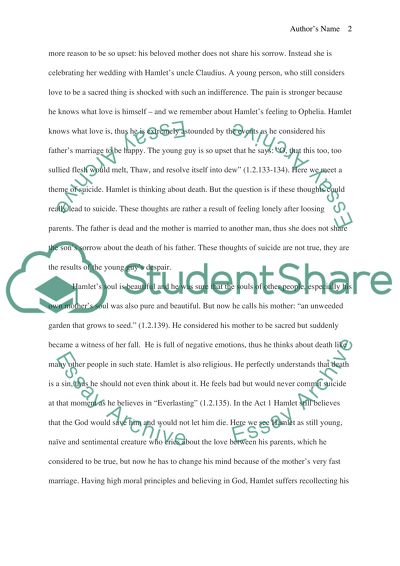Cite this document
(To Be or not to Be Does not Mean to Live or Not to Live Book Report/Review, n.d.)
To Be or not to Be Does not Mean to Live or Not to Live Book Report/Review. Retrieved from https://studentshare.org/literature/1480308-essay-prompt
To Be or not to Be Does not Mean to Live or Not to Live Book Report/Review. Retrieved from https://studentshare.org/literature/1480308-essay-prompt
(To Be or Not to Be Does Not Mean to Live or Not to Live Book Report/Review)
To Be or Not to Be Does Not Mean to Live or Not to Live Book Report/Review. https://studentshare.org/literature/1480308-essay-prompt.
To Be or Not to Be Does Not Mean to Live or Not to Live Book Report/Review. https://studentshare.org/literature/1480308-essay-prompt.
“To Be or Not to Be Does Not Mean to Live or Not to Live Book Report/Review”, n.d. https://studentshare.org/literature/1480308-essay-prompt.


